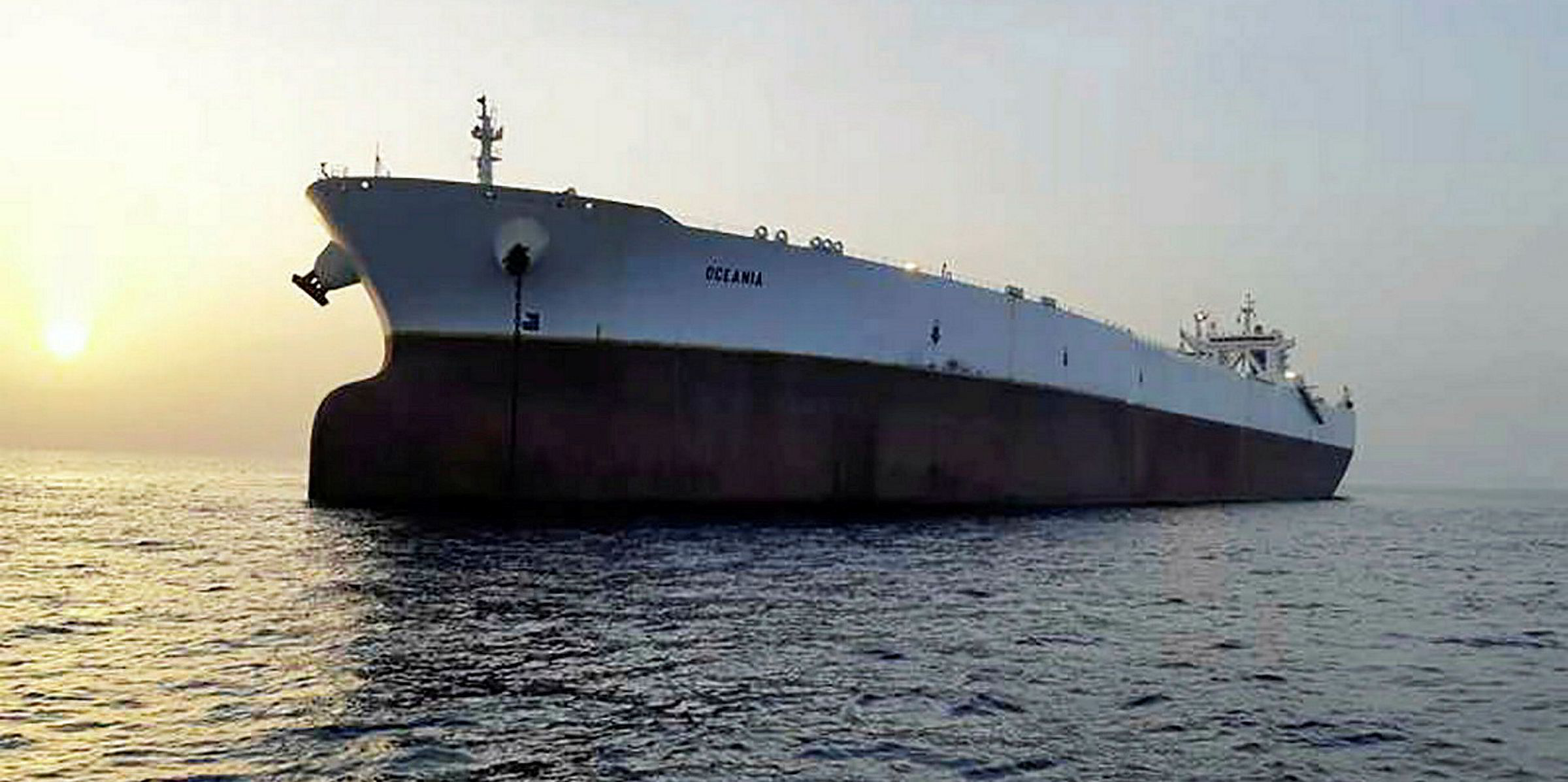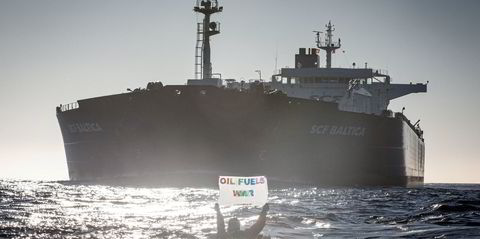Dear Editor,
Your interesting article ('What’s the public value of management, when the share price is all about steel?') on 13 May 2020 commented on the fact that “apparently” investors give no value to management's skills because most shipping stocks are priced way below the net asset value (NAV) of their fleets.
As a long-time investor in shipping stocks, I have several remarks.
Firstly, analysts often look at the steel value of a fleet by taking figures from VesselsValue or by taking the discounted value of future earnings.
However, companies that own a substantial number of vessels can never monetise their whole fleet at these prices because there is simply no market for it. So you should always discount those values.
No extra value
Secondly, it is a fact that in many cases management brings no extra value to the shipping outfit.
Look at the charter rates companies realise versus average rates in the market.
If you analyse that over a longer period, to avoid the quarter-to-quarter variations, and even companies like Euronav, DHT and Frontline never succeed in catching the average market rates.
Thirdly, shipping companies are notorious for their related-party transactions.
Often management doesn’t care if adding another vessel to the fleet is accretive for shareholders. They only look at the extra commissions and fees the related party — which they directly or indirectly own — can get. Good examples have been Tsakos, Navios, and Scorpio.
Eagle Bulk is a rare exception to this rule.
Ultimately, I think that it is rather management’s fault that often the share price is only a percentage of NAV.
They have a wonderful means to handle this problem: sell the vessel(s) at NAV and do a share buyback with the net cash via a tender offer as Diana Shipping did.
Johan van den Driessche, Belgium
Have a point of view? Please send letters to the Editor at news@tradewindsnews.com




